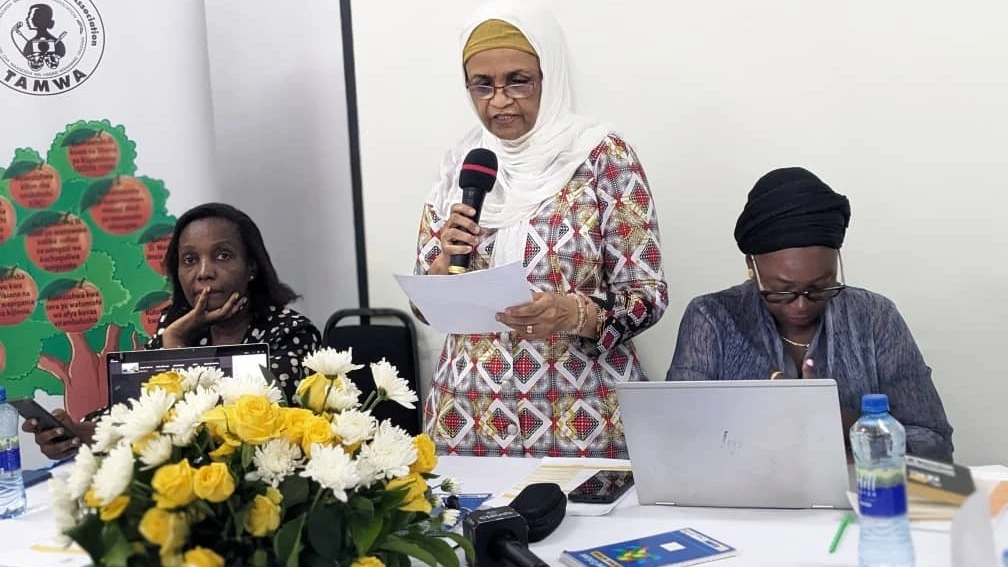‘Multiple chronic diseases’ in half of hospital patients

NEARLY half of patients admitted to hospitals in Malawi and Tanzania have been found to be suffering from multi-morbidity, meaning the coexistence of two or more chronic diseases.
Prof Eve Worrall, a health economics expert at the Multilink Consortium made this observation in summing up research conducted in partnership with the Liverpool School of Tropical Medicine (LSTM) and leading health institutions in the two countries.
“Our research shows that multi-morbidity is underdiagnosed in Malawi and Tanzania, resulting in avoidable deaths and economic hardships. Many affected are of working age, so the issue extends beyond health, potentially impacting economic growth,” she stated, appealing for urgent improvements in prevention, diagnosis and disease management practices.
The research, published in Lancet Global Health, analysed 1,007 patients admitted to four hospitals across Malawi and Tanzania, where it was noticed that 47 percent of these patients had multi-morbidity, with the most common conditions being hypertension, diabetes and HIV.
“These illnesses increase the risk of severe complications such as heart failure, stroke, chronic kidney disease and early death,” she stated, affirming that patients with multiple chronic conditions faced significantly higher mortality rates within 90 days of hospital admission.
About 41.7 percent of them reached this condition compared to 28.3 percent for those with a single chronic condition, or 13.5 percent for those with no chronic ailments, the lead author noted.
The study also highlighted the substantial economic impact on patients, particularly in Tanzania, where healthcare costs are not fully covered by the government. Patients with multi-morbidity reported loss of income, higher medical expenses and reduced quality of life, she further noted.
Dr Felix Limbani, senior research associate at the Malawi-Liverpool-Wellcome programme and co-principal investigator at Multilink, affirmed that with nearly half of hospital admissions involving multiple chronic diseases, “preparing our health system to address multi-morbidity must be a priority."
The study involved collaboration between multiple institutions in Malawi, Tanzania, the UK and the United States, highlighting a strong international and interdisciplinary effort to address this emerging public health challenge.
Researchers stressed the importance of designing and implementing context-specific health systems capable of early detection, comprehensive care and financial protection, to reduce preventable deaths and improve patients’ quality of life in the region.
These findings expose a critical gap in health systems that traditionally focus on treating single diseases, often missing the broader picture of patients’ overall health, the summary indicated, underlining that this delay in diagnosis frequently means patients seek treatment only after complications develop.
Dr Stephen Spencer, a clinical PhD fellow at LSTM and co-first author of the study, emphasized the urgent need for change, asserting that multi-morbidity is a growing problem in sub-Saharan Africa, affecting both young and older adults. Hospitals need integrated care models that address multiple conditions together, but resource limitations and existing care pathways focusing on single diseases make this challenging, he added.
Top Headlines
© 2025 IPPMEDIA.COM. ALL RIGHTS RESERVED






















